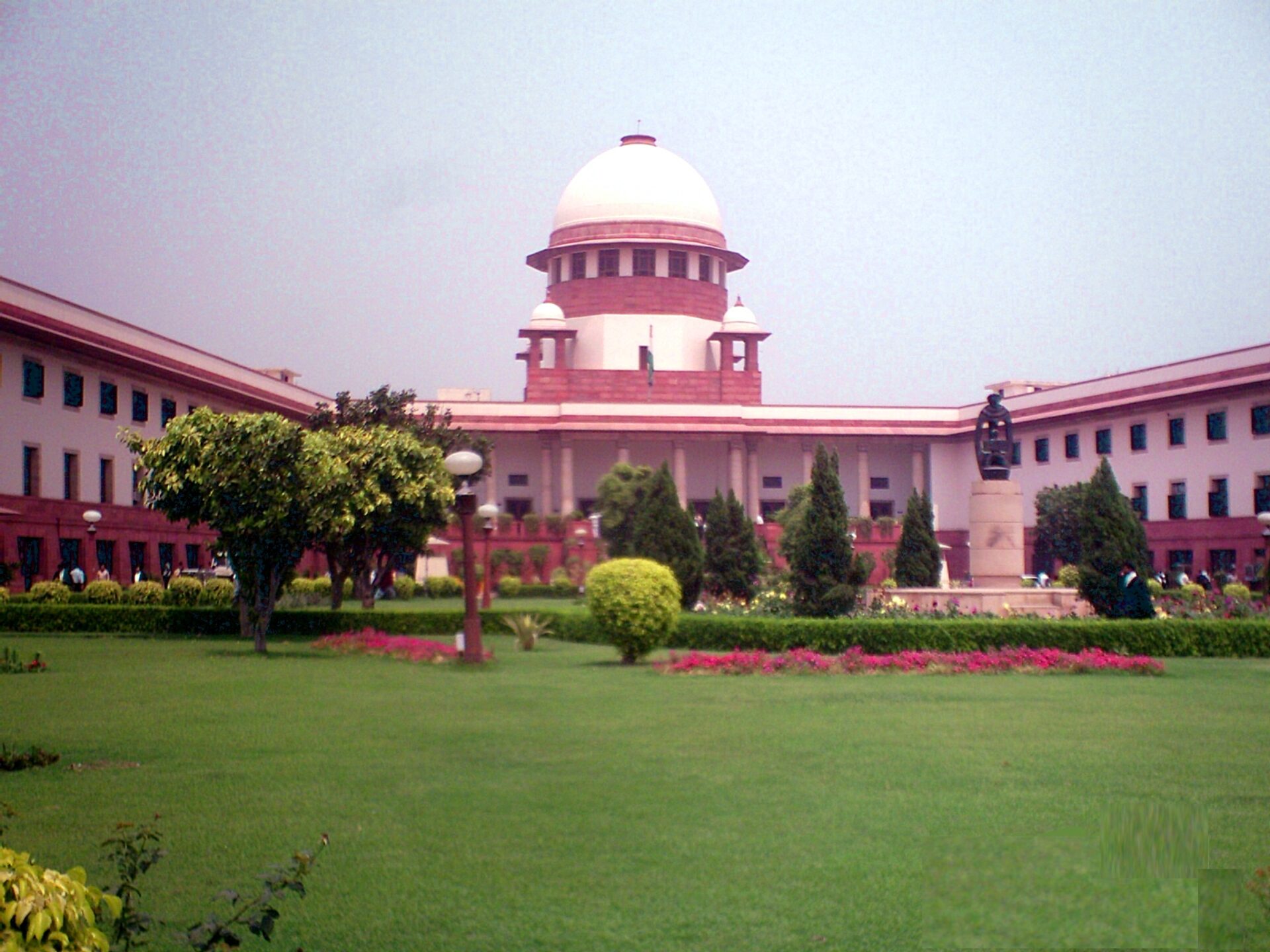Revisiting FIR Quashing: Supreme Court’s Perspective in Abhishek Singh V. Ajay Kumar & ORS

Introduction
The Supreme Court of India, in its recent judgment in Abhishek Singh v. Ajay Kumar & Ors revisited the principles of criminal law concerning the quashing of FIRs. This case dealt with allegations of fraud, misappropriation, and procedural improprieties surrounding a loan agreement and pledged gold ornaments. It highlights the importance of prima facie evidence and procedural fairness in criminal proceedings.
Case Background
Abhishek Singh, a businessman, had obtained a ₹7.7 lakh loan from The Bank of India, Motijhil Branch in 2020 by pledging 254 grams of 22-carat gold ornaments as collateral. After repaying the loan in March 2023, he sought the return of his gold, only to be informed that the pledged gold was counterfeit, following a revaluation conducted without his knowledge. The bank filed an FIR against Abhishek Singh under charges of cheating (Section 420 IPC). In response, he lodged a counter-FIR alleging fraud and tampering of the gold by the bank officials. The Patna High Court quashed Singh’s FIR, labelling it retaliatory and an abuse of power. Being dissatisfied with the decision of the High Court, Singh appealed to the Supreme Court.
Legal Provisions relied upon
The case depends on critical legal provisions that address allegations of fraud, misappropriation, and the procedural powers of courts.
- Section 420 of the Indian Penal Code (IPC): This section addresses the offence of cheating and dishonestly inducing the delivery of property. To constitute an offence under this section, the accused must have deceived another person with fraudulent or dishonest intent, resulting in the delivery of property. In this case, the bank alleged that Abhishek Singh pledged counterfeit gold as collateral for a loan, thereby committing an act of cheating. The claim raised questions regarding Singh’s intentions and the authenticity of the pledged gold.
- Section 406 of the IPC: This provision pertains to criminal breach of trust. It applies when a person entrusted with property or dominion over it dishonestly misappropriates it for their use or disposes of it contrary to the terms of the trust. The FIR registered on Singh’s application invoked this provision, alleging that bank officials misappropriated or tampered with his pledged gold. The charge required determining whether the bank acted in breach of its fiduciary duty in handling Singh’s property.
- Section 482 of the Code of Criminal Procedure (CrPC): This section empowers the High Court to quash FIRs and criminal proceedings to prevent abuse of the judicial process or to secure justice. The Patna High Court, using these powers, dismissed Singh’s FIR, citing it as retaliatory and lacking substantive evidence. However, the Supreme Court revisited this decision, examining whether the dismissal was premature and whether Singh’s FIR disclosed sufficient grounds for investigation.
High Court Analysis
The High Court of Judicature at Patna, in its assessment, quashed the FIR lodged by the appellant, citing several grounds. It deemed the FIR a “mere counterblast” to the bank’s FIR and characterised its filing as malicious and motivated by an ulterior motive. The court observed that the FIR lacked prima facie evidence to substantiate claims of criminal misappropriation or fraud. The High Court held that the appellant failed to comply with the procedural requirement under Priyanka Srivastava 2by not filing an affidavit under Section 156(3) CrPC; however, the Supreme Court found that an affidavit had been filed, rendering the High Court’s reliance on this ground erroneous. Concluding that the proceedings constituted a clear abuse of the judicial process, the High Court allowed the respondents’ application under Section 482 CrPC and quashed the FIR.
Supreme Court Analysis
The Supreme Court, upon hearing the appeal, found fault with the High Court’s approach, emphasising that the quashing of an FIR must be based on whether a prima facie case is disclosed, rather than conducting a deeper analysis of the allegations or evidence at the preliminary stage. The Court held that the High Court exceeded its jurisdiction by engaging in the appreciation of evidence, which is reserved for the trial. It further noted inconsistency in the High Court’s conclusions, particularly regarding the appellant’s intent and the lack of third-party verification during the revaluation of the pledged gold. Highlighting the need for a trial to ascertain the facts and potential accountability, the Supreme Court set aside the High Court’s judgment, restored the FIR, and directed that the matter proceed in accordance with law before the appropriate court.
Final Decision
The Supreme Court overturned the Patna High Court’s decision to quash the FIR filed by Abhishek Singh. It emphasised that the High Court had improperly delved into evidentiary matters, which are the domain of the trial process, and failed to appreciate that a prima facie case was made out based on the allegations in the FIR. The Supreme Court clarified that its decision does not reflect on the merits of the case or the guilt or innocence of the parties involved. It revived and restored the proceedings arising from the FIR, directing the trial court to proceed under the law. The appeal was allowed, and all pending applications were dismissed.
Conclusion
The judgment reinforces the principle that the quashing of an FIR must be approached with caution, ensuring that allegations presenting a prima facie case are thoroughly examined through
proper judicial proceedings. By restoring the FIR, the Supreme Court highlighted that a premature dismissal of criminal proceedings risks denying justice and undermining the integrity of the legal process. This decision serves as a reminder of the judiciary’s responsibility to balance procedural safeguards with the pursuit of substantive justice. For further details, write to contact@indialaw.in
By entering the email address you agree to our Privacy Policy.



